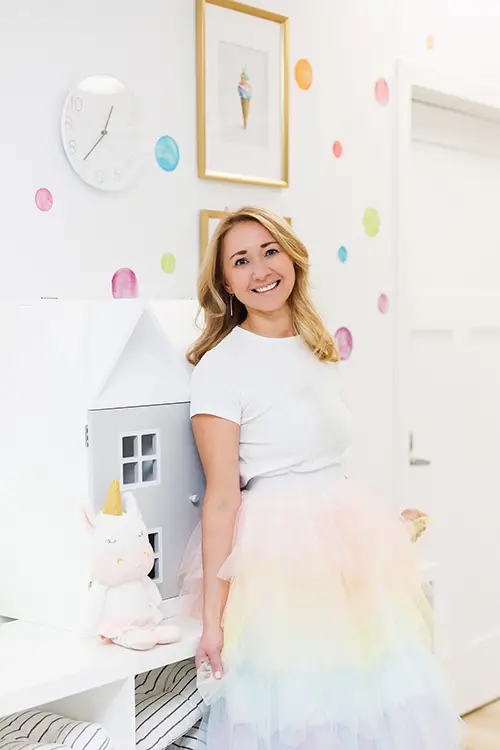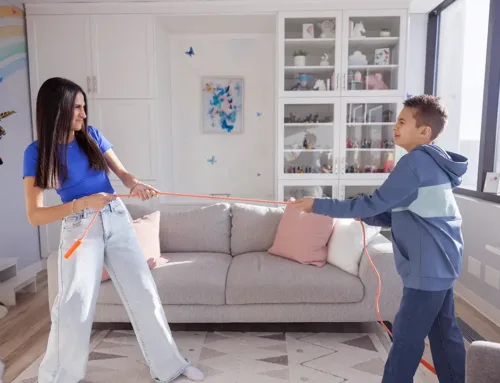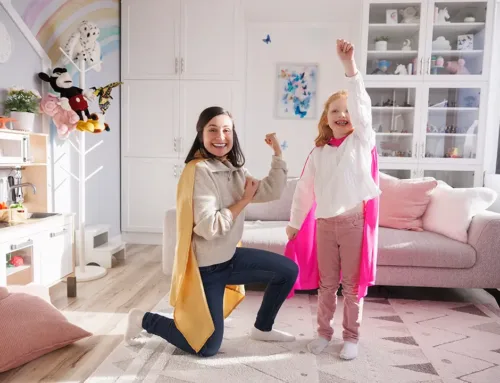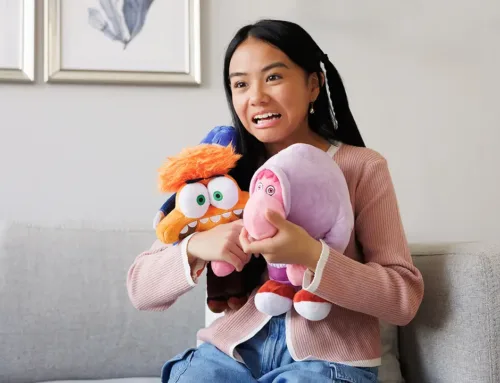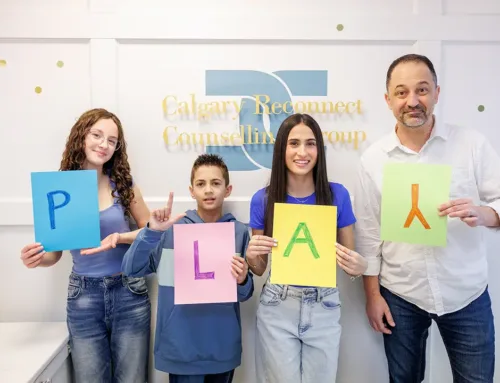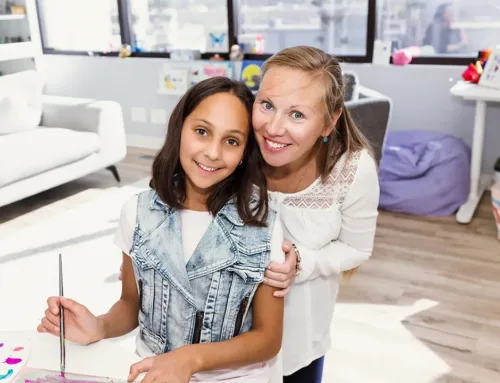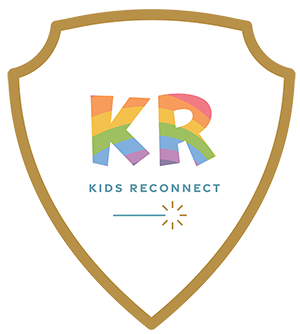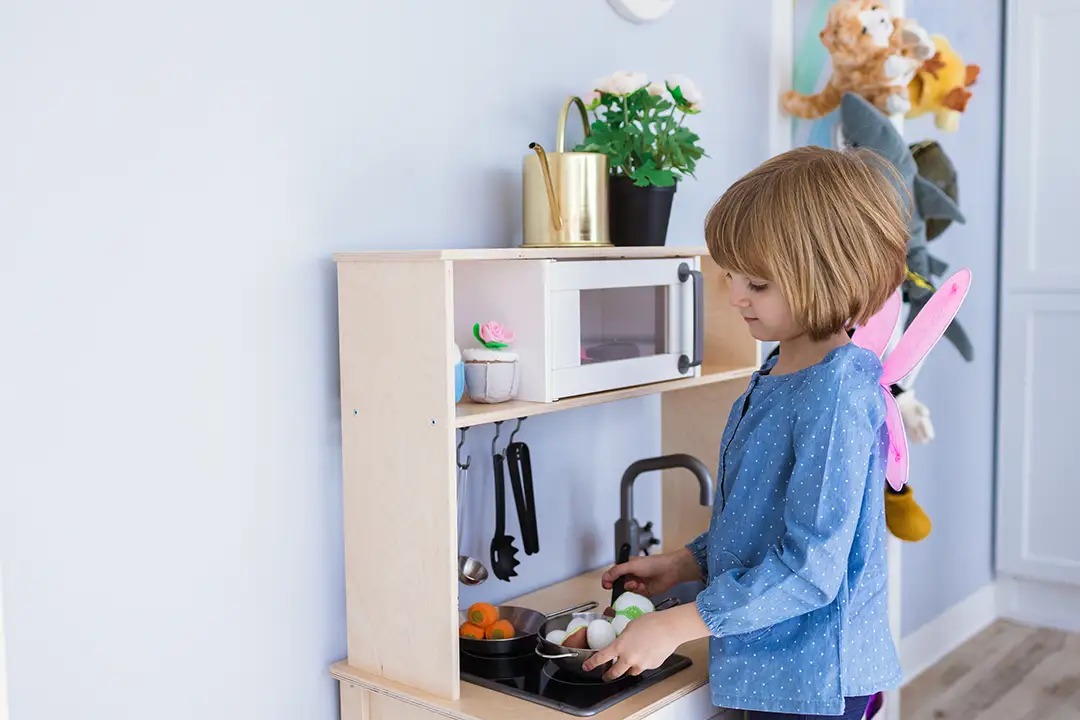
Thoughtful thankfulness
is a terrific Superpower for kids
and parents to grow
In this blog post, Certified Play Therapist Natalie Bergman
shares tips for parents to help their child grow
their gratitude Superpower skills
Gratitude impacts our well-being
As Thanksgiving approaches, it’s a good time to slow down and reflect on the importance of understanding “thank you” with your kids.
In today’s busy world, “thank you” often becomes automatic, losing its true meaning. Do you remember what you were saying “thank you” for today? I assume for many things, but were you truly thankful?
Receiving gratitude conveys a warm feeling to the person who receives it. But gratitude also has powerful effects on the person who offers it.
Did you know that science has proved that practicing genuine gratitude can have a powerful impact on your child’s emotional well-being?
Research shows that expressing genuine gratitude improves mental health, strengthens relationships, and boosts happiness (Sansone & Sansone, 2010). By regularly acknowledging the things they are thankful for, children can cultivate a sense of happiness and contentment, which can reduce anxiety and negative thinking. As parents and caregivers, you have the opportunity to teach the true meaning of gratitude — not just as a polite phrase but as an expression of genuine appreciation.
4 Ways to develop your child’s gratitude Superpowers
1. Slow down.
Encourage your child to pause and think about why they are thankful before saying “thank you.”
2. Be specific.
Help your child express exactly what they are grateful for, like:
“Thank you for playing with me today! I liked how you showed me cool tricks to find the right puzzle piece.”
3. Make gratitude a habit.
Start a daily gratitude practice, like sharing one thing you’re thankful for at dinner.
4. Model gratitude.
Show your child how to be curious about positive aspects. You can play being a “thank you detective” to find special sparkle in everyday life. Show your ”tiny turkey” what giving and receiving heartfelt gratitude feels like. Albert Bandura’s social learning theory emphasizes that children imitate behaviours they see in adults.
Never mind the turkey
This Thanksgiving, let’s teach our kids that “thank you” is more than just words — it’s a way to share and truly appreciate the people and moments that matter.
References
Meet the author
Meet the editor
